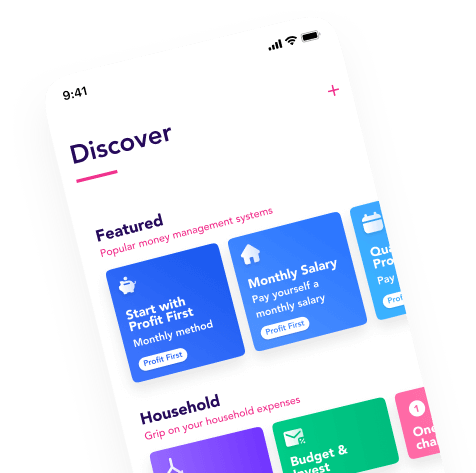
Do you know how much pension you are building up for later? Or is that a distant memory, and do you have no idea what your financial situation will look like once you stop working? 73% of Dutch people will answer that last question in the affirmative. So will you? Then keep reading.
Research by Deloitte, ING, NIBUD and Leiden University shows that 73% of Dutch households do not have their finances in order. That includes feeling secure about your finances, having a buffer for unexpected events and - not unimportantly - being prepared for the future.
No financial plans
The study further shows that even among people who are considered "financially healthy," there is room for improvement. A large proportion focus on the short term and 31% of them do not make any financial plans at all. And of the people who have money left over for the long-term, over 40% do not invest it.
Some more percentages: some 20 to 30% of Dutch people are already building up too little pension to continue their current standard of living after retirement. More than a quarter of Dutch households have not even made any plans for their retirement. And of those who are not yet retired, only 56% are confident that their monthly income will be sufficient during their retirement.
This is not surprising: the government pension (AOW) and various collective pension plans form the basis of our pension system, but it is less and less certain that it will provide enough for everyone.
You can do this!
What can you do now to ensure that later, when you stop working, you don't have to adjust your life financially? So that you can continue to live in the same house, and have the same amount of money for things like vacations, groceries and your savings account.
The answer is: investing yourself. Since your money will only be worth less with savings, investing for the long term is the best thing you can do now. That long term is rather important. If you only consider the short term in your financial plan, you're never going to accumulate enough retirement.

Index Investing
Fifty years of scientific research shows that investing in globally diversified index funds delivers the best investment results. With this form of investment you 'follow' the world economy, because you put your money in thousands of shares from all over the world. This way you spread your opportunities, minimize the risk of large losses and achieve a good return in the long term. In the past, the world economy always grew in the long term. Of course, this is no guarantee for the future, but it is the best we have to work with.
Investing for your pension can be done via 'normal' index investing, taxed in box 3, or via pension investing in box 1. With pension investing, your deposit is deductible for income tax. This is subject to certain conditions. Your money is placed in a blocked account until you retire. After that, you receive periodic payments from what you have built up. The amount of this payment is not determined by you, but depends on the interest rate at the time.
Freedom and flexibility
Investing yourself in box 3 works very differently. You can do whatever you want with your money, whenever you want. It's true that your deposit is not deductible for income tax and above a certain amount you pay wealth tax. But the money you withdraw after retirement is not taxed.
And do you want to use your money sooner? Then you can. Taking into account different scenarios can be smart. A new job, a divorce or falling ill: it can all happen to you. Such a major event often requires a different financial approach. And if you invest for retirement yourself, you always have the freedom and flexibility to change your money plans.
Want to know more about self-index investing? At Meesman they know all about it.
